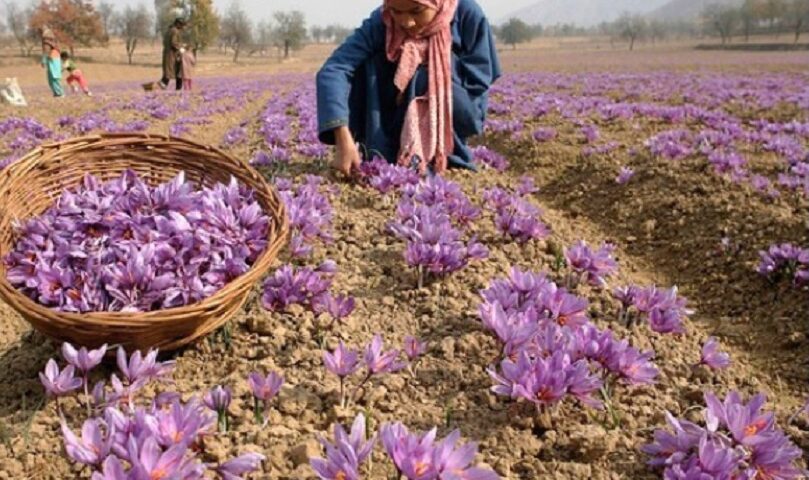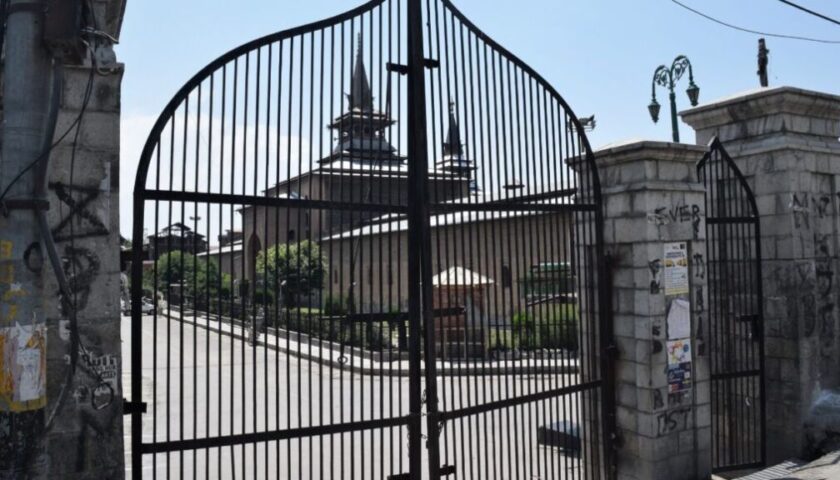Srinagar Suffers Through Another Scorching Night
Srinagar, Jul 29: Srinagar, the usually temperate summer capital of Jammu and Kashmir, is in the throes of an unprecedented heatwave. The city has recorded its second consecutive night of stifling temperatures, with a minimum of 24.8 degrees Celsius on July 29, 2024. This grim milestone places the current heatwave in the annals of Kashmir’s meteorological history.
According to independent weather forecaster Faizan Arif Keng, the city’s mercury has climbed a staggering 6 degrees Celsius above normal for this time of year. This extraordinary surge has pushed Srinagar’s nighttime temperatures to the second-highest ever recorded, just shy of the 25.2 degrees Celsius mark set on July 21, 1988.
A City Transformed
The relentless heat has transformed Srinagar, once known for its cool, refreshing evenings, into a furnace. The city’s character, shaped by its temperate climate, is undergoing a dramatic shift. Residents are finding it increasingly difficult to sleep, with the heat seeping into homes and disrupting normal life.
The impact extends beyond personal discomfort. The heatwave is straining the city’s infrastructure, with increased demand for electricity and water. Hospitals are reporting a rise in heat-related illnesses, putting additional pressure on healthcare resources.
A Call for Caution
As temperatures soar, health experts are urging residents to take precautions to protect themselves from heatstroke and dehydration. These include staying hydrated, avoiding outdoor activities during peak hours, and wearing loose, light-colored clothing.
The elderly, children, and those with underlying health conditions are particularly vulnerable to the effects of extreme heat. It is crucial for families and communities to check on their elderly and vulnerable members regularly.
Hope on the Horizon
While the current situation is alarming, there is a glimmer of hope. Weather forecasts predict a significant drop in temperatures starting from July 30. This much-needed relief will bring respite to the beleaguered residents of Srinagar and the Kashmir Valley.
However, the record-breaking heatwave serves as a stark reminder of the changing climate. Such extreme weather events are becoming more frequent and intense, highlighting the urgent need for climate action.
The Broader Implications
The heatwave in Kashmir is not an isolated incident. It is part of a global trend of rising temperatures, driven by climate change. The implications of this warming planet are far-reaching, affecting everything from agriculture and water resources to human health and biodiversity.
As the world grapples with the challenges posed by climate change, it is essential to adopt sustainable practices and reduce greenhouse gas emissions. By taking collective action, we can mitigate the impacts of climate change and protect our planet for future generations.
Bottom-Line
The heatwave gripping Srinagar is a stark reminder of the challenges posed by climate change. As the city endures this unprecedented heat, it is crucial to prioritize public health, support vulnerable populations, and work towards a more sustainable future.




